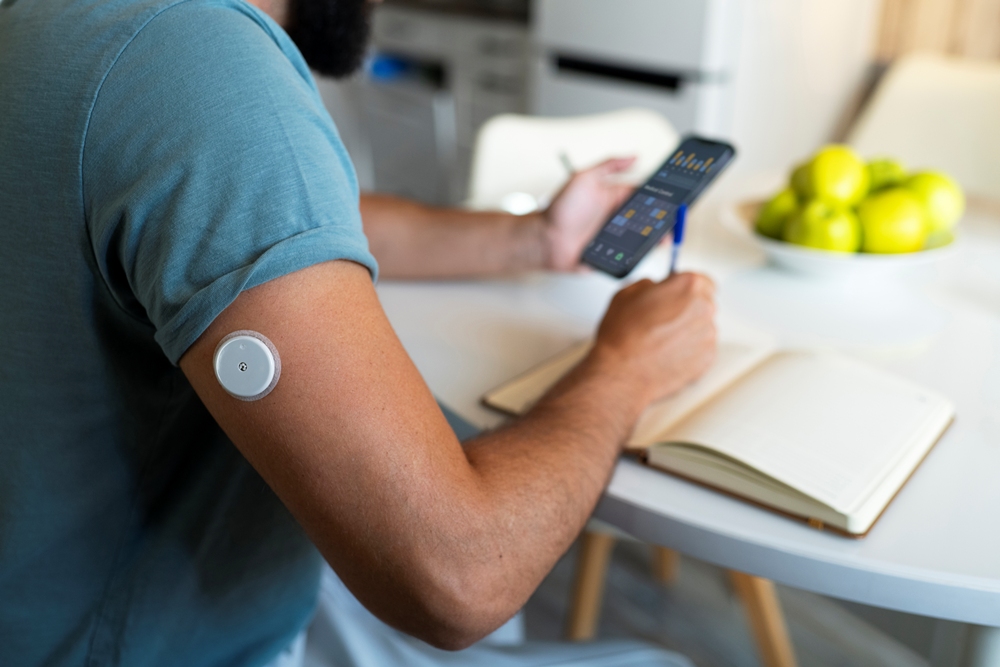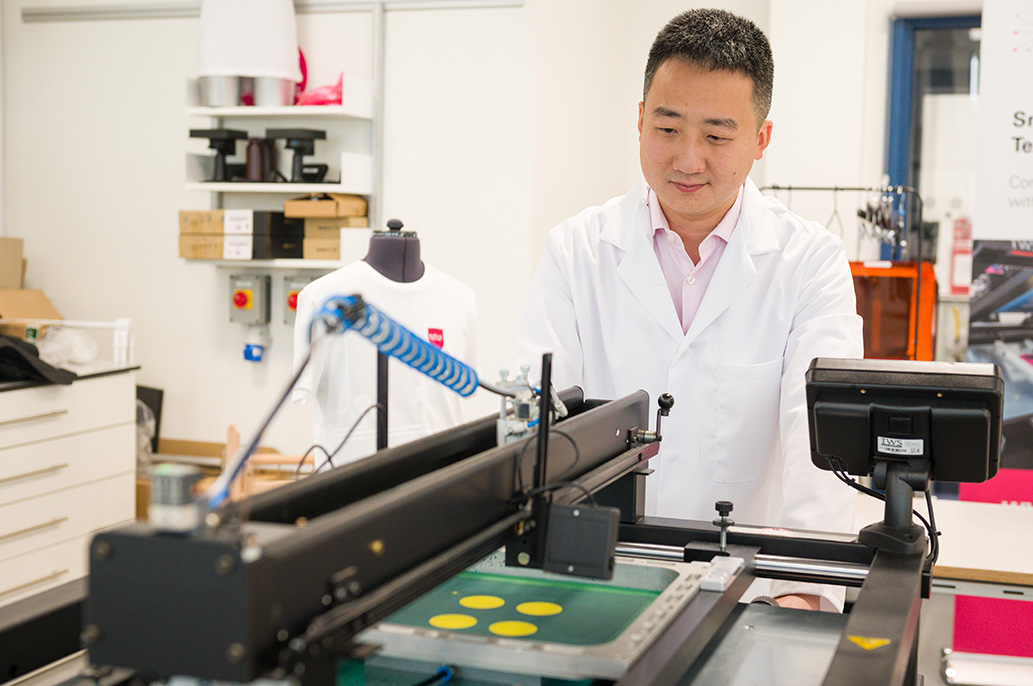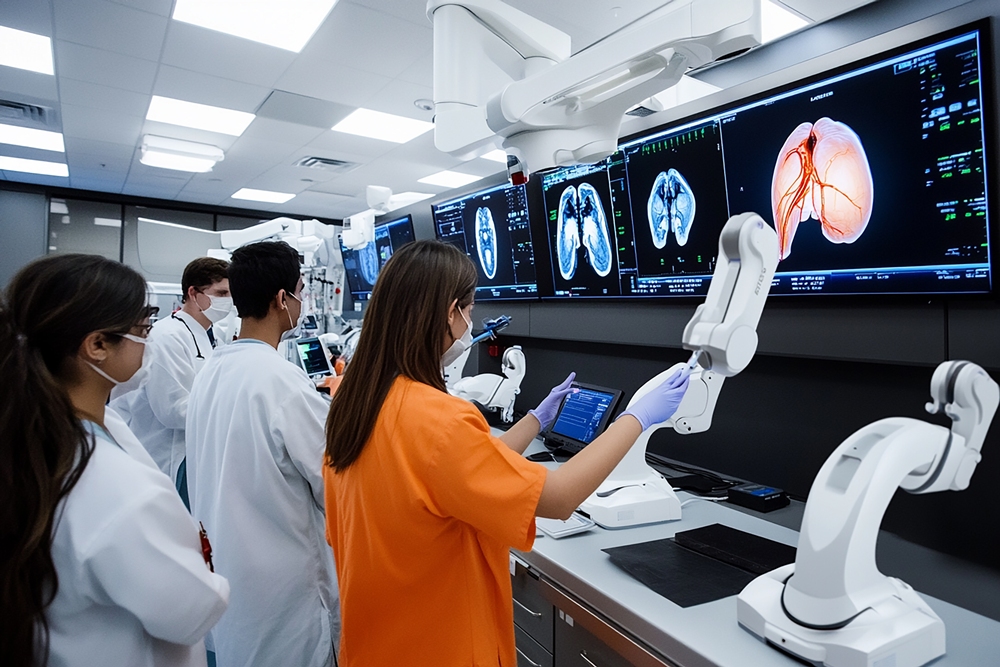Wearables
Nicolas Breuil, Marketing and Business Development Director at global brand studio Koto, explores what longevity brands must change if they want to reach beyond early adopters and connect with the next generation of health-conscious consumers. With wearables going mainstream and “healthspan” entering dinner-table vocabulary, it’s clear that longevity is no longer the domain of Silicon [...]
Blood sugar tracking devices may not give accurate readings for people without diabetes, new research suggests. Continuous glucose monitors (CGMs) – small wearable devices fitted to the arm or abdomen – send real-time blood sugar data to an app, showing how glucose levels rise and fall throughout the day. Researchers analysed CGM data from 972 [...]
Scientists are developing a smart textile band which aims to objectively detect and monitor sarcopenia, an age-related condition defined as loss of muscle mass, function and power. The research is being supported through funding from Wellcome Leap’s global Dynamic Resilience program, jointly funded with the Temasek Trust, which aims to reduce progression to frailty in [...]
Researchers in the US have developed a novel wearable sensor capable of continuously monitoring low rates of perspiration for the presence of a lactate — a molecule the body uses to break down sugars for energy. This biomarker can indicate oxygen starvation in the body’s tissues, which is a key performance indicator for athletes as [...]
Health Tech World explores the latest research developments in the world of health technology. Mini-camera and AI predicts recurrent heart attack Measurements with a miniature camera inside the coronary arteries can accurately predict whether someone will suffer a recurrent heart attack. Until now, interpreting these images was so complex that only specialized laboratories could perform [...]
A group of US researchers has developed a wearable device capable of accurately tracking chloride ion levels in sweat, which is essential for evaluating hydration status and health conditions like cystic fibrosis and more. Their sensor allows for real-time tracking of an exercising person’s sweat through a hydrogel-based design that allows the device to operate [...]
A research team led by Professor Hyuk-jun Kwon of the Department of Electrical Engineering and Computer Science at DGIST (President Kunwoo Lee), with integrated Master’s and Ph.D. student Hyungtae Lim as first author, has developed a “next-generation AI electronic nose” capable of distinguishing scents like the human olfactory system does and analyzing them using artificial [...]
Researchers in the US have developed a new technology that can identify heart attacks faster and more accurately than traditional methods. The team used AI and advanced mathematics to design a chip that can analyze electrocardiograms, known as ECGs – graphs of the heart’s electrical signals – and detect a heart attack in real-time. The [...]
Researchers in the US are launching the first clinical trial to test whether a wearable device that delivers gentle nerve stimulation during sleep could ease ADHD symptoms in children with prenatal alcohol exposure. Children exposed to alcohol in the womb have a heightened risk of developing ADHD-like symptoms including hyperactivity, impulsivity and executive function deficits [...]
Wearable mobile health technology could help people with Type 2 Diabetes (T2D) to stick to exercise regimes that help them to keep the condition under control, a new study reveals. Researchers studied the behaviour of recently-diagnosed T2D patients in Canada and the UK as they followed a home-based physical activity programme – some of whom [...]













